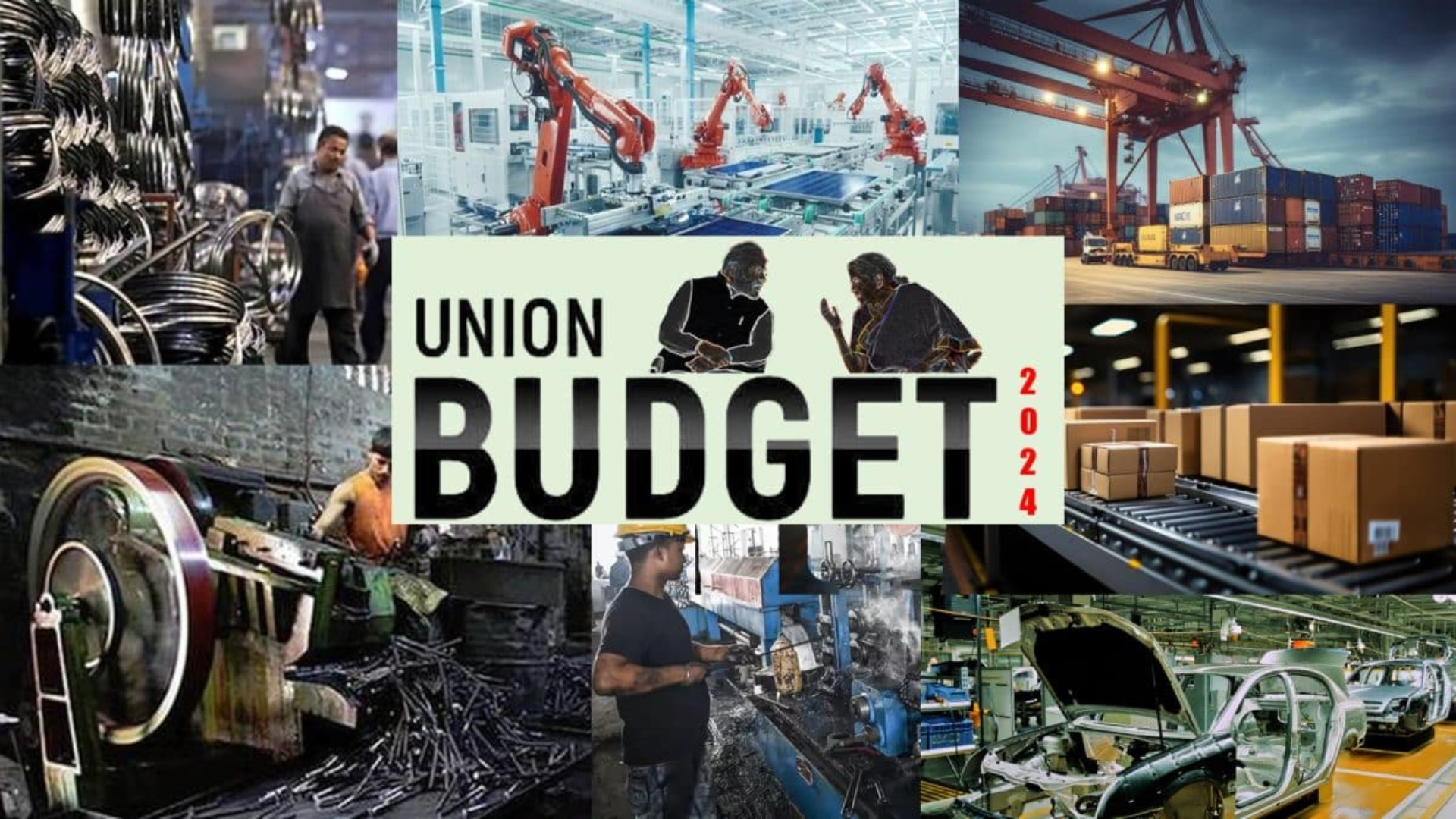The Union Budget 2024 introduces a series of ambitious initiatives aimed at revitalizing India’s manufacturing and services sectors. Finance Minister Nirmala Sitharaman has outlined comprehensive strategies to enhance the competitiveness of Micro, Small, and Medium Enterprises (MSMEs), streamline credit access, and foster growth in industrial and service-oriented sectors.
Empowering MSMEs for Global Competition:
A key focus of the budget is to enable MSMEs to compete on a global scale. The government plans to implement several measures to bolster the sector’s capabilities. These include enhanced credit guarantees and the development of in-house capabilities for MSMEs. A paradigm shift in the credit assessment model will be introduced to improve credit eligibility for these businesses, particularly targeting MSMEs facing financial stress with Special Mention Accounts (SMA).
Enhanced MUDRA Loans and Trade Receivables:
To support MSMEs further, the budget proposes an increase in MUDRA loan limits for the Tarun category, raising it from Rs. 10 lakhs to Rs. 20 lakhs. Additionally, the threshold for converting trade receivables into cash will be reduced from Rs. 500 crore to Rs. 250 crore, facilitating better liquidity for businesses.
Expansion of Financial Support and Infrastructure:
The budget also includes provisions for the expansion of financial infrastructure, such as opening new SIDBI branches in MSME clusters over the next three years. This will provide better access to financial services for small and medium enterprises.
E-commerce Export Hubs:
To assist traditional artisans and MSMEs in reaching international markets, e-commerce export hubs will be established. These hubs will help launch products globally, thereby expanding market access for small-scale producers.
Internship Program and Industrial Parks:
A notable initiative is the creation of a scheme to offer internships at top 500 companies to 1 crore youth over five years. Interns will receive a monthly stipend of Rs. 5,000, along with a one-time assistance of Rs. 6,000. This program aims to provide young individuals with practical business experience and enhance their employability.
Additionally, the budget plans to sanction 12 new industrial parks under the National Industrial Corridor Program, which will drive industrial growth and infrastructure development. Rental housing for industrial workers will be facilitated through Public-Private Partnerships (PPP), addressing the need for affordable housing near industrial zones.
Shipping and Critical Minerals Mission:
The shipping sector will see reforms in ownership leasing and flagging processes, aimed at modernizing and optimizing operations. The Critical Minerals Mission will focus on technological development, creating a skilled workforce, and establishing suitable financing mechanisms for critical minerals.
Technological Advancements and Debt Recovery:
To streamline processes, the budget includes the development of Digital Public Infrastructure (DPI) applications and an integrated technology platform for Insolvency and Bankruptcy Code (IBC) services. This will enhance consistency, transparency, and oversight in bankruptcy proceedings.
Furthermore, the IBC has resolved over 1,000 companies, returning Rs. 3.3 lakh crore to creditors. To strengthen debt recovery, additional tribunals will be established.




